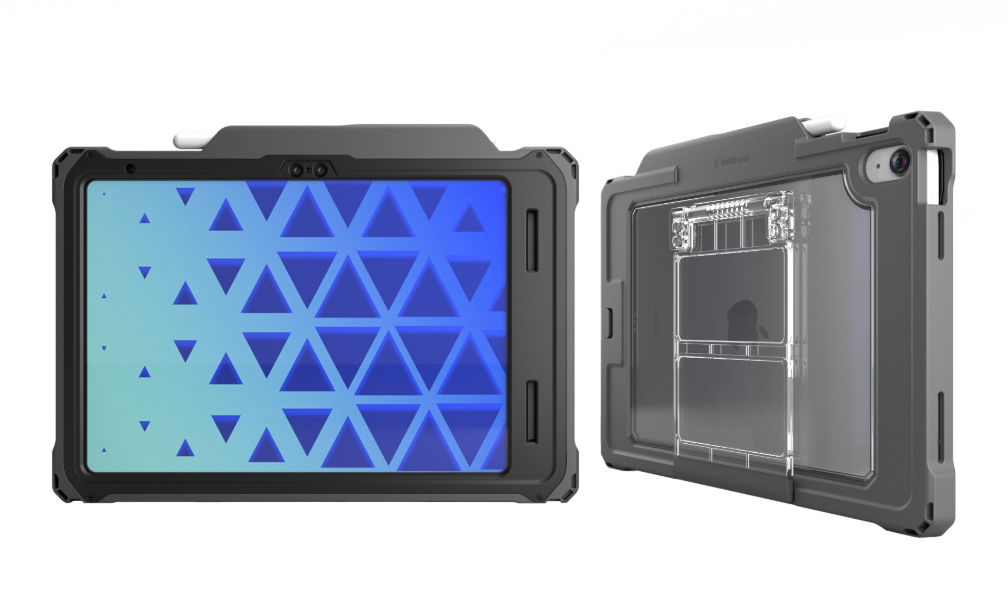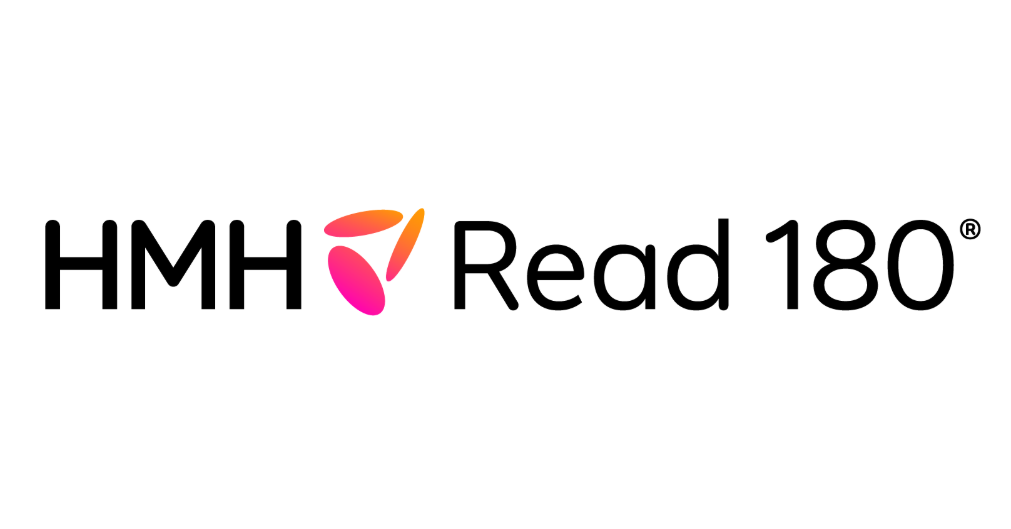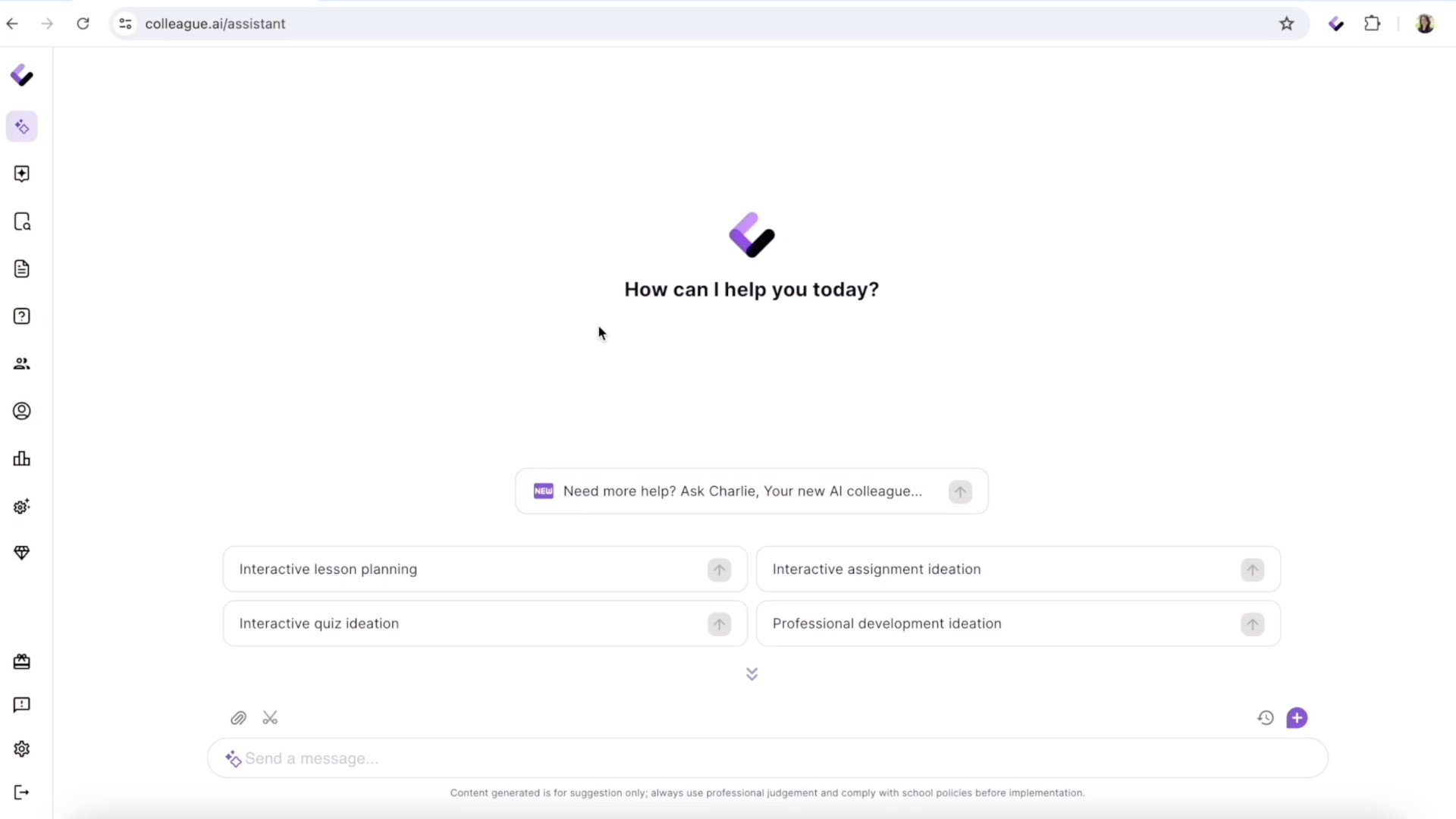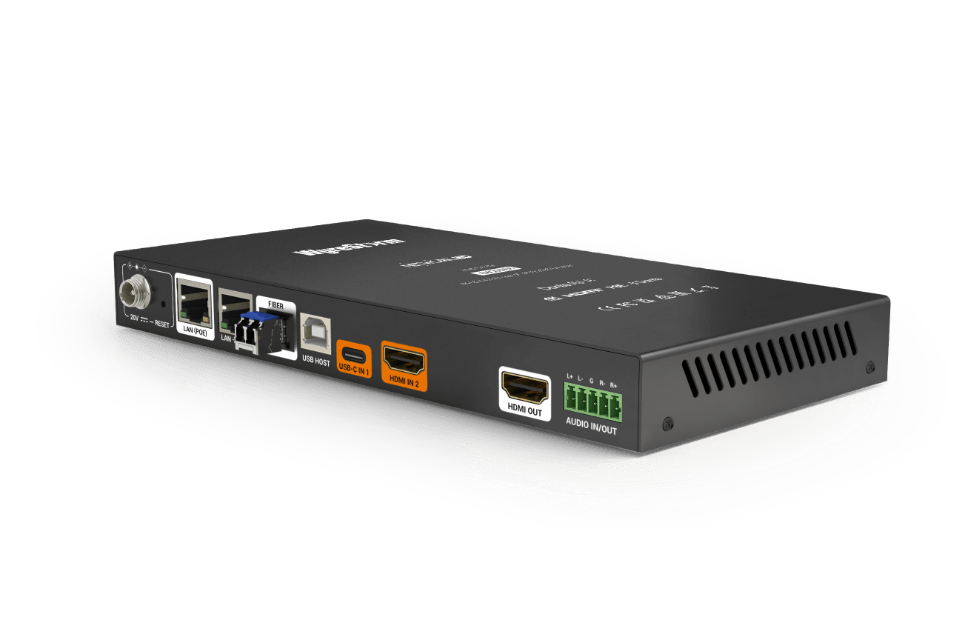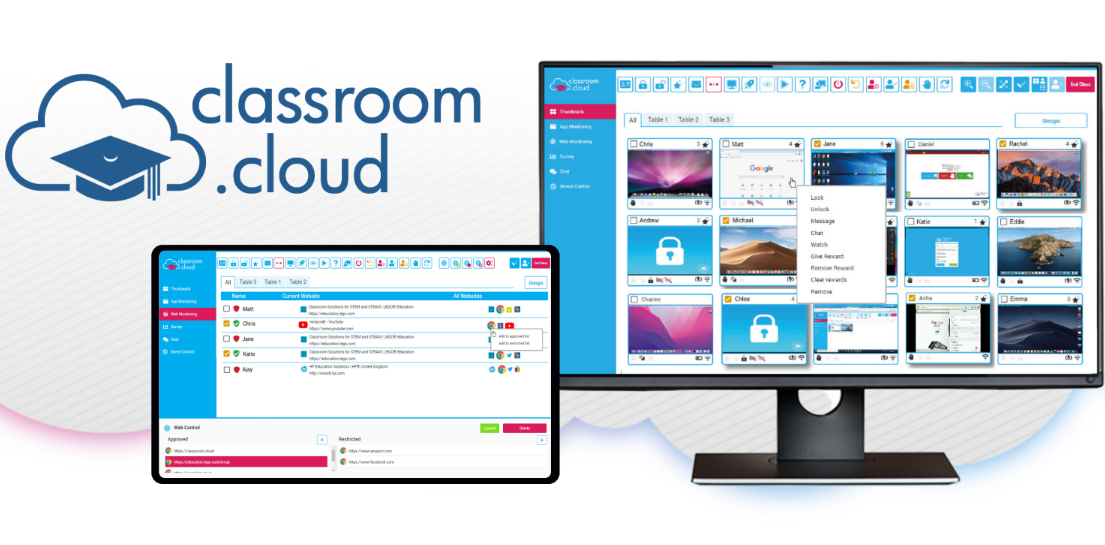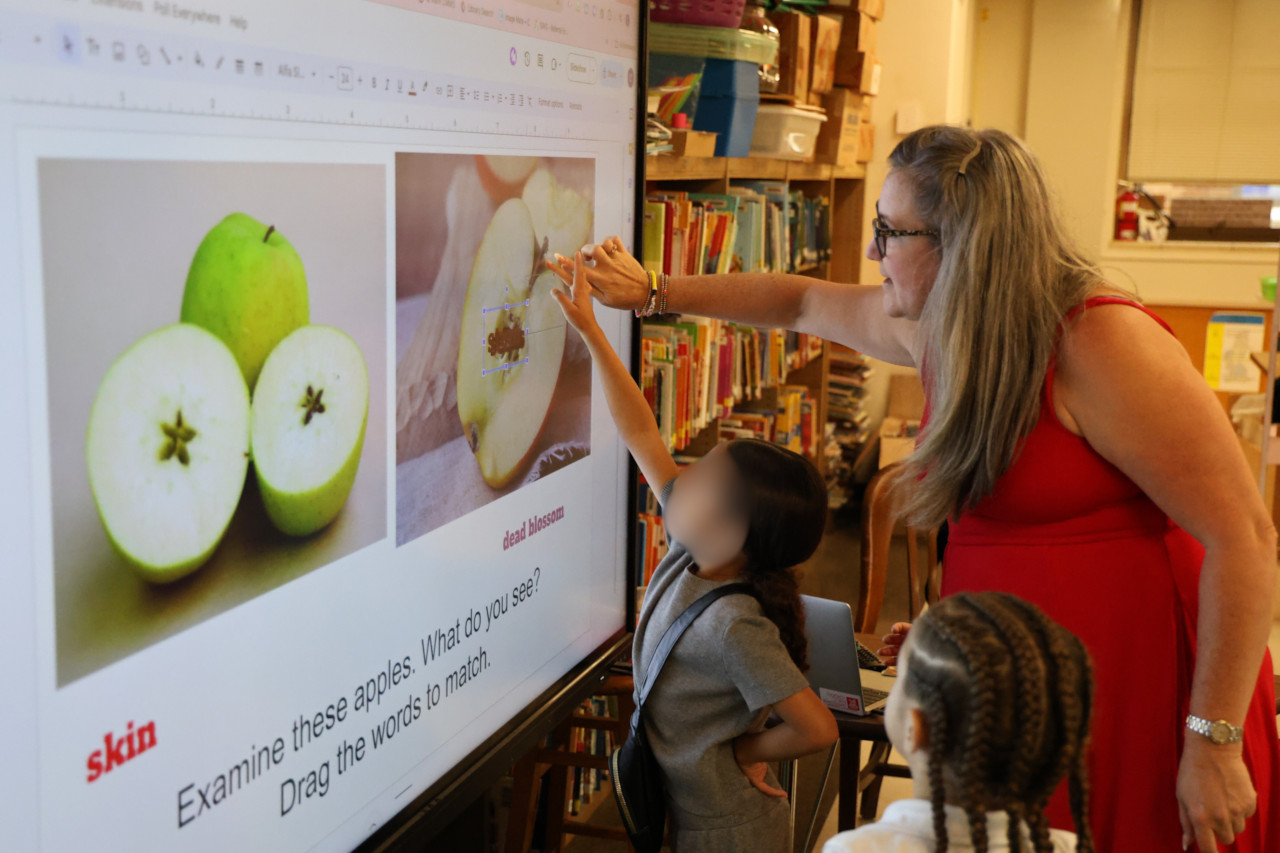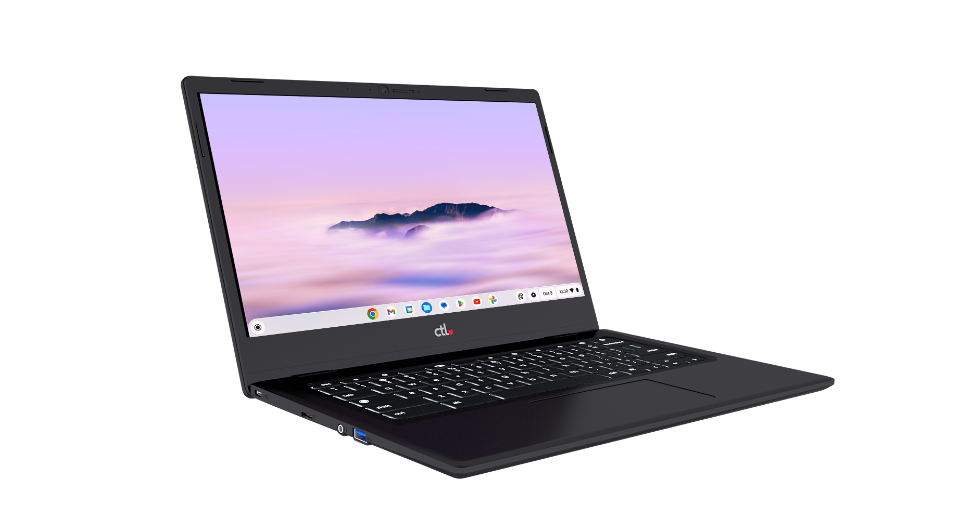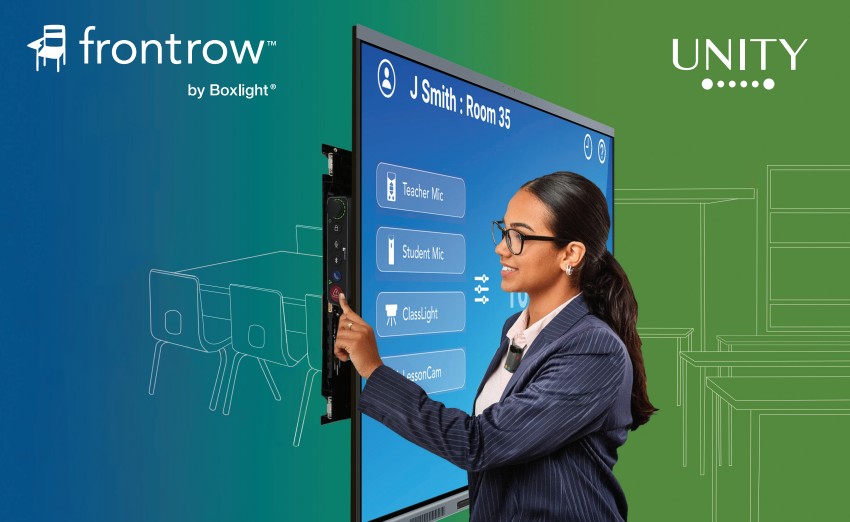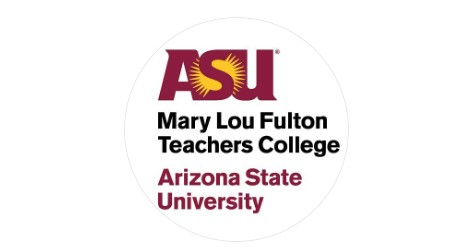ISTE TAKEAWAYS
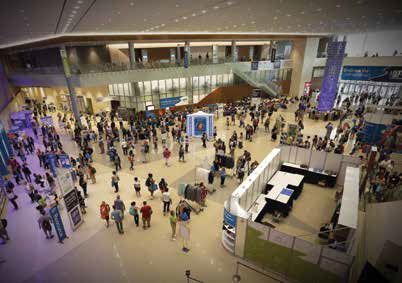
Photo Courtesy of ISTE, ISTE.ORG
■ Makerspace Mania. If you thought makerspaces were yesterday’s news, think again. I saw maker materials, curriculum, and products all over the trade-show floor.
■ Game-Based Learning Grows Up. I saw at least 10 new (new to me, anyway!) game-based offerings. My favorite? Legends of Learning (legendsoflearning.com), which gives middle-school science teachers a choice of research-driven games to improve content mastery in life sciences, earth and space sciences, and physical sciences.
■ The Robot Invasion Continues. Working with robots in a makerspace setting as a form of creative play and curiosity-driven experimentation remains viable and important. However, more companies are coming to understand that if robotics and coding are to become mainstream they need to provide easily approachable activities that can supplement the subject-area work already happening in classrooms. Wonder Workshop (makewonder.com) leads the charge with its new K–5 coding curriculum using the popular Dash & Dot robots. —T&L advisor Andrew Wallace, technology director, South Portland (ME) Public Schools
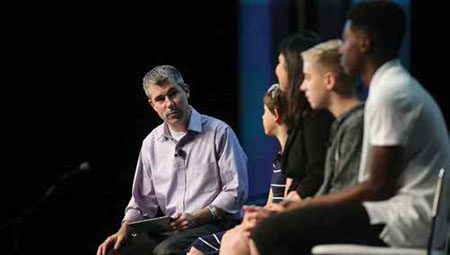
■ Adaptive Learning Keeps Expanding. More online learning platforms are using adaptive technology to take thousands of data points per second to automatically adjust for student competency. Whether a student is struggling or grasps a concept quickly, adaptive learning platforms automatically adjust to remediate or advance to the next concept. The teacher also has access to powerful and accurate data based on student progress. I saw more companies touting the benefits of adaptive learning on the show floor. —T&L advisor Frank Pileiro, technology coordinator, Linwood (NJ) Public Schools
■ The Titans of Tech Descend on ISTE. It’s not unusual to see Google, Microsoft, and Amazon, but this year Apple returned to the ISTE stage—a clear indicator that education is front and center in the company’s development and marketing plans. Google’s gray shirts peppered the show floor and halls, while endless lines and packed demo rooms led to waiting lists to see the latest from Microsoft and Apple. My only question: Where was Facebook? —T&L advisor Leo Brehm, learning evolution officer, Central Massachusetts Collaborative
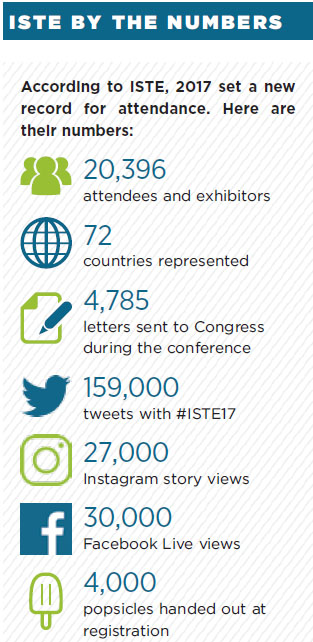
■ OER Takes a Seat at the Table. Before October 2015, when the #GoOpen movement began and helped inform educators and district leaders about the impact of openly licensed educational resources, the topic was rarely part of any conference. But at ISTE 2017, I saw several sessions focused on Open Educational Resources (OER). With the uncertainty at the US Department of Education and a constrained budget, it’s now up to states and district leaders to own the OER movement. We need district leaders to start sharing proof points and models of success so that we can all learn from each other. I hope that at ISTE 2018 we’ll see more districts collaborating around their #GoOpen stories and highlighting their successes and challenges. —Andrew Marcinek, chief information officer, Worcester (MA) Academy and former chief open education advisor for the US Department of Education
■ Let’s Get Personal About Your Education. Welcome the content giants back to relevance. Pearson, McGraw-Hill, HMH, and others touted their ability to personalize learning by leveraging next-generation strategies to customize content type and delivery. Maybe next year we’ll see the “Matrix” method of learning, but hopefully it’s wireless. — L.B.
■ Start It Up. I saw a larger-than-ever area on the show floor dedicated to startups. One that stood out was ListenWise (listenwise.com), which focuses on improving listening comprehension to advance literacy and learning. — L.B.
Tech & Learning Newsletter
Tools and ideas to transform education. Sign up below.
